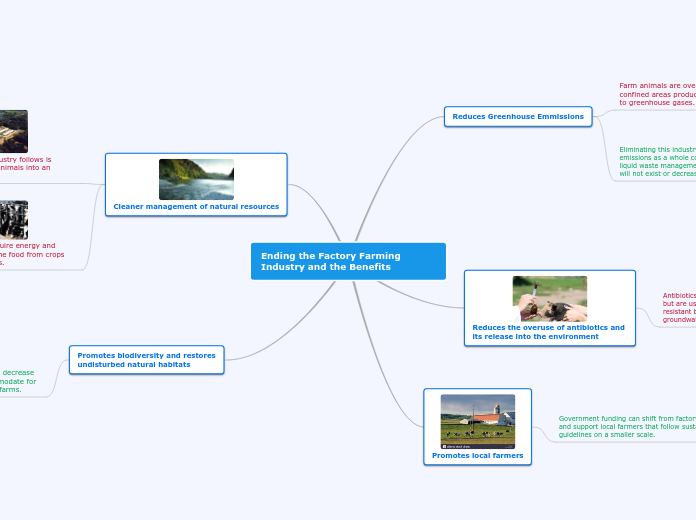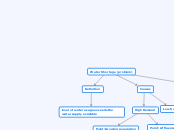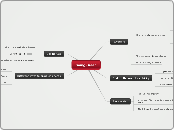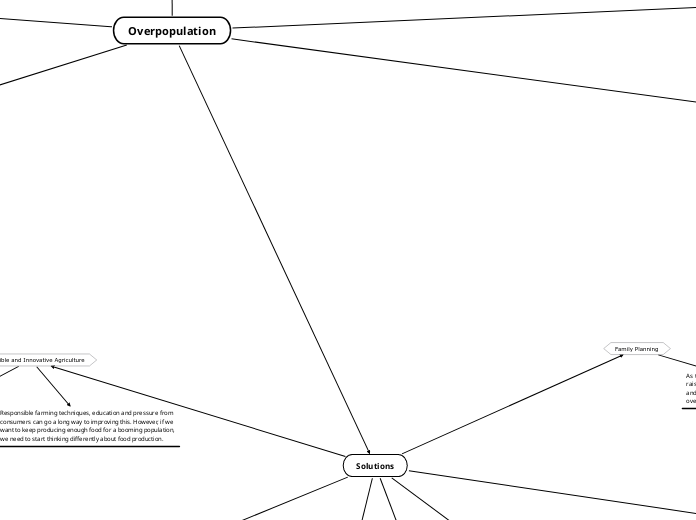Ending the Factory Farming Industry and the Benefits
Promotes biodiversity and restores
undisturbed natural habitats
Ending industrial farms will result in a decrease of clearing forests and land to accommodate for development and expansion of these farms.
This will give more species an opportunity to return to the habitats that we cleared for this industrial operation diversifying the environment even more.
Cleaner management of natural resources
Factory farmed animals require energy and protein to grow and consume food from crops that we grow such as grains.
Growing these crops for so many animals in a confined space that are bred based for consumers, demands a lot of water use among other thins like drinking water for the animals.
My proposed solution would not only reduce the stress the hydrosphere is already under from overuse of water but it also means this water being used in factory farming can be re allocated to other things like growing crops to feed people.
A common practice this industry follows is dumping manure of these animals into an outdoor lagoon.
The lagoons undergo respiration to break down this manure that creates volatile organic compounds which can potentially leak into water ways especially during an instance of a flood or poor weather.
The end of factory farming will not only greatly
decrease the amount of manure that is emptied
into the environment but it will provide cleaner
water for communities to have access too.
Promotes local farmers
Government funding can shift from factory farms and support local farmers that follow sustainable guidelines on a smaller scale.
Reduces the overuse of antibiotics and
its release into the environment
Antibiotics are used to treat injured and sick animals
but are used so much that they create antibiotic resistant bacteria and produce chemical runoff into groundwater.
Reduced chance of this bacteria contaminating water ways where aquatic life is present
Reduces Greenhouse Emmissions
Eliminating this industry will lower agricultural emissions as a whole considering the factors like liquid waste management, using manure as soil will not exist or decrease dramatically.
Farm animals are over-bred, housing so many in confined areas produces waste that contributes to greenhouse gases.
The natural digestion process of farmed animals, like cattle, creates methane that is released into the atmosphere and operations of these farms create other harmful compounds.
If factory farming ended so would forced insemination meaning less animals would be produced for our consumption and less methane would be released from these animals, lowering greenhouse emissions.









